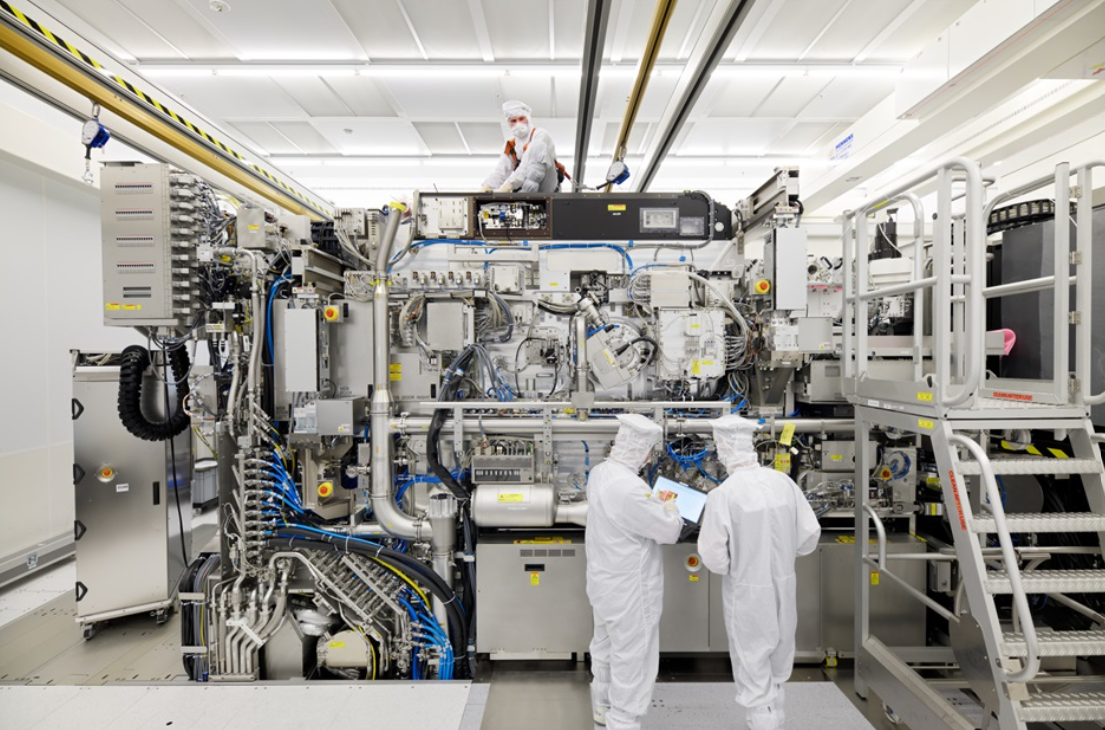Holly Black: Welcome to Morningstar. I'm Holly Black. With me is Kaz Ito. He is an equity analyst at Morningstar in Singapore. Hello.
Kazunori Ito: Hi, Holly.
Black: So, Kaz, you've been looking at the semiconductor and computer chip maker space. And I suppose the big news or the theme that's overhanging this sector at the moment is the US crackdown on Huawei. Can you just tell us what's been happening and what the implication of this ban would be?
Ito: Okay. For the background, like, from September 15th the US has implemented the new restriction for shipping semiconductors containing the US technology. And some news reports that Intel and AMD just got a special permit from the government. So, we assume that the new rule is to prevent Huawei from sourcing chips, mainly for the telecommunication area such as smartphones and base stations. So, Huawei is one of the top smartphone brands with around 20% market share and also a top supplier of telecom base stations to global carriers with more than 30% market share. So, it may be a bit – really critical for the Chinese semiconductor industry.
Black: Well, that's exactly isn't it? This doesn't just affect Huawei, does it? What are the implications for the wider industry and supply chains in Beijing, for example?
Ito: Yeah. So, I think recently, Reuters and other media just reported that the US government is expected to require special permits for U.S. companies to transact with SMIC, and this is for the next step. So, SMIC is China's largest foundry company and is regarded as a key supplier for Boeing after TSMC has stopped trading with it. So, if this ban materialize, SMIC's ability to introduce more advanced production nodes will be impaired as a result of the ban, as the overwhelming majority of the semiconductor manufacturing equipment is sourced from the US, Japan and European companies.
Black: So, with any big change in an industry like this, I think there's always winners and losers. So, who do you see as the beneficiaries both in the short term and the long term as a result of this ban?
Ito: So, yeah, if this ban materialize, obviously it will have the negative impact to SMIC's share because SMIC's share price has more than tripled from beginning of this year because the market expected that SMIC will be the key supplier for Huawei. And then, because of the tighter restriction and also the rumor of US government ban SMIC from sourcing the U.S. chips, US equipment, that is obviously a negative impact to SMIC. And the other players, I think, the other Taiwanese foundries will be the beneficiaries, because if SMIC will not be able to move to the advanced nodes, then the future orders will go to the other competitors such as UMC or VIS, which is located in Taiwan.
And probably the key of this potential ban is the semiconductor manufacturing equipment where US, Japanese and European companies are having majority or more than majority of the market. But there are some local chip manufacturing equipment suppliers such as AMEC and NAURA which are the Chinese equipment suppliers. They may be the long-term winners because this potential ban should accelerate the Chinese government's intention to localize its semiconductor production. Currently, it is prohibited by the US, but this friction will obviously accelerate China to move on.
Black: Kaz, thank you so much for your time. For Morningstar, I'm Holly Black.







.jpg)












